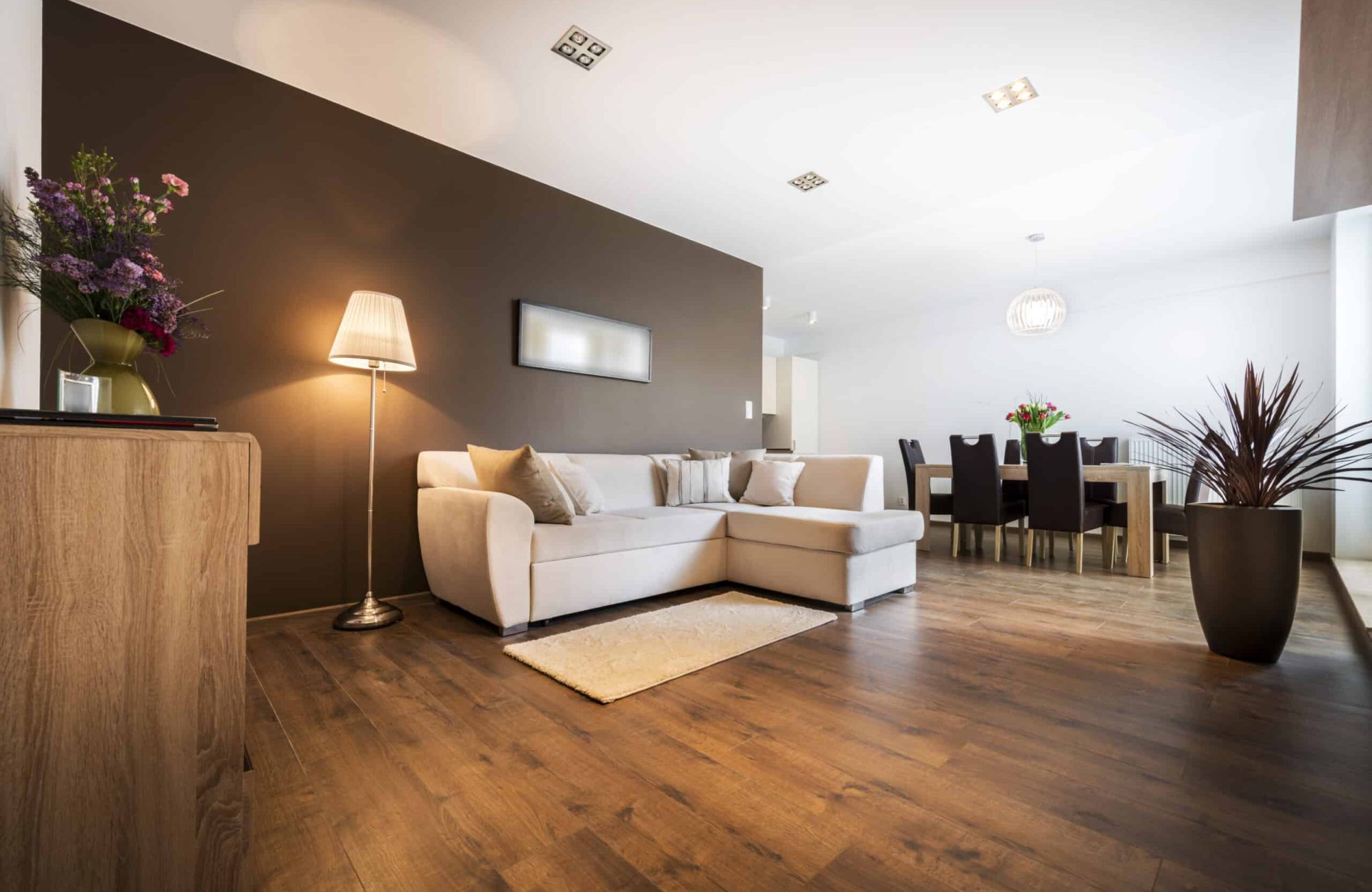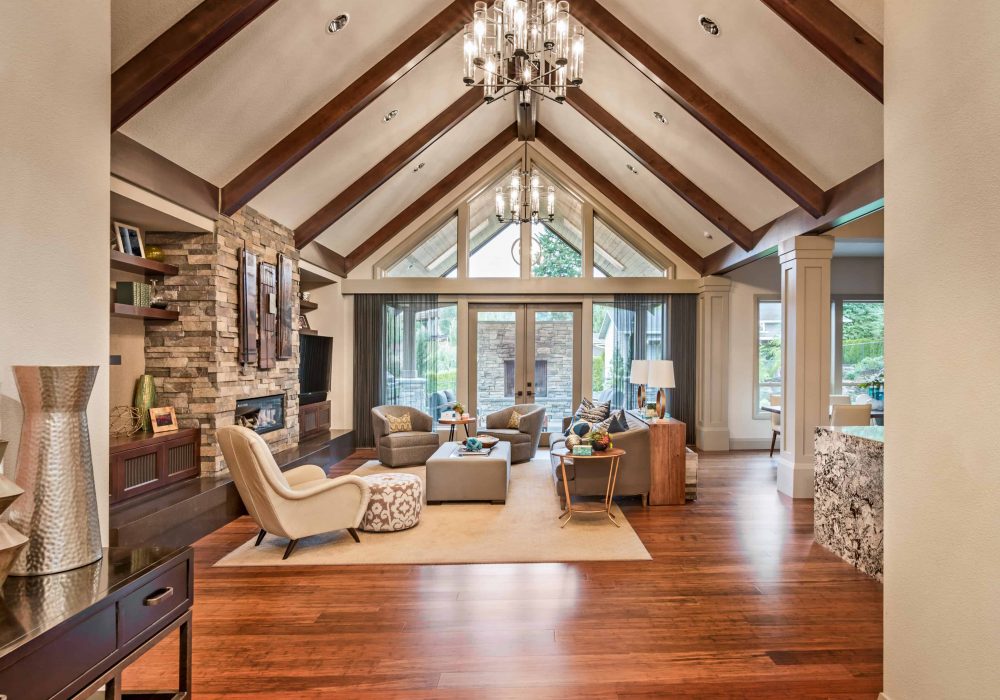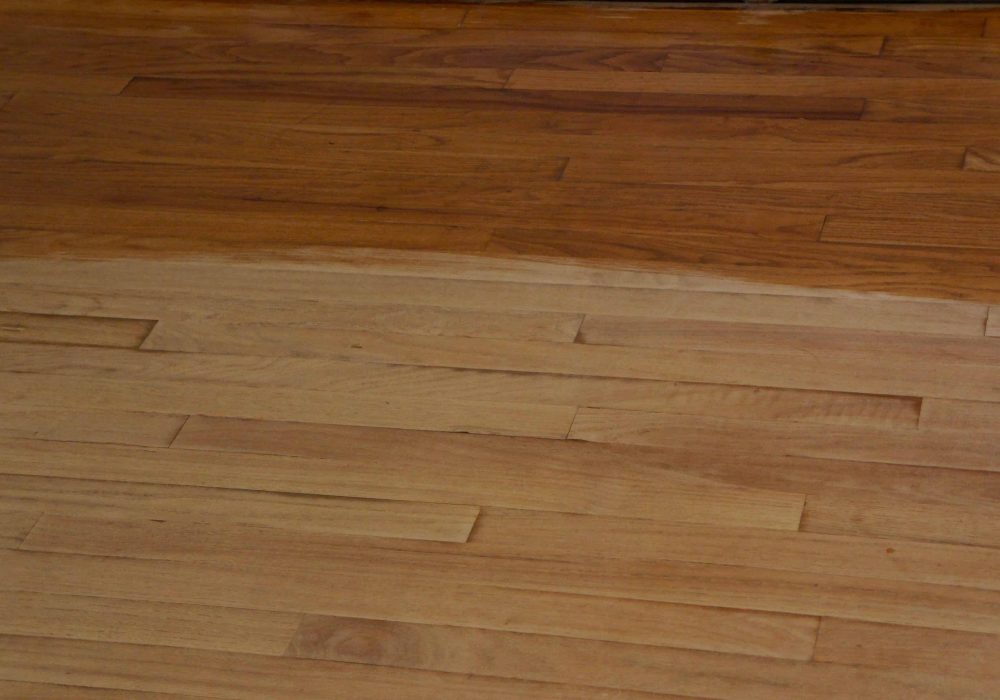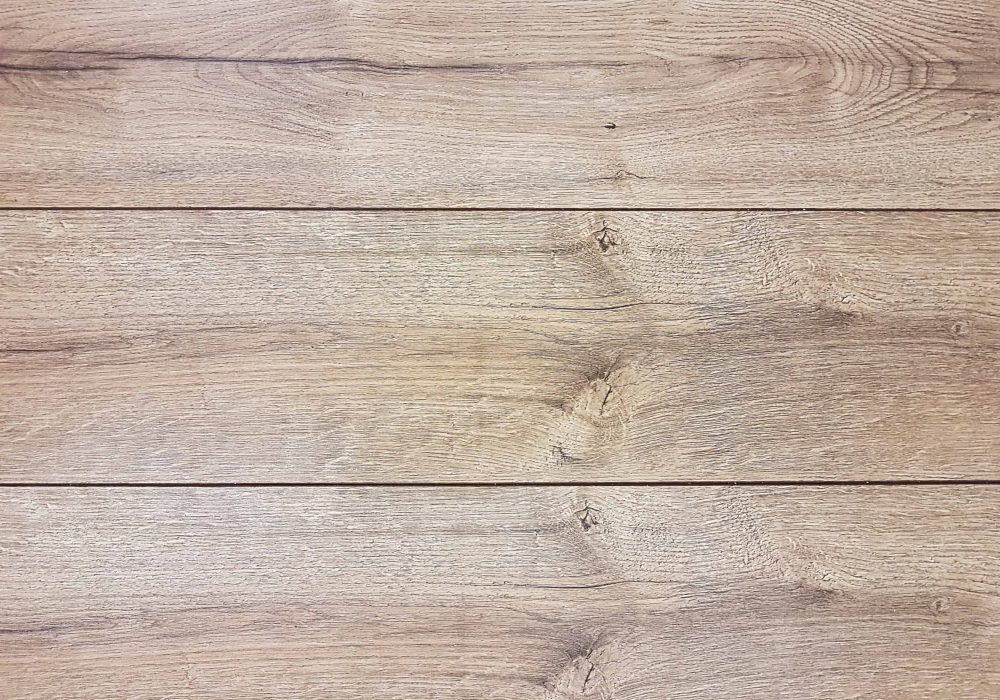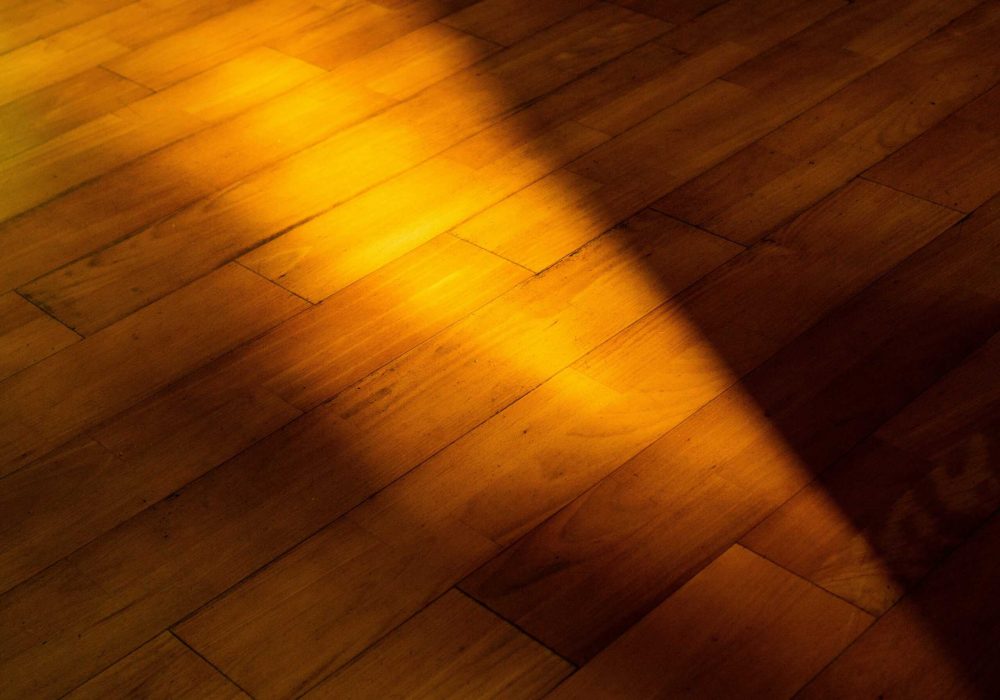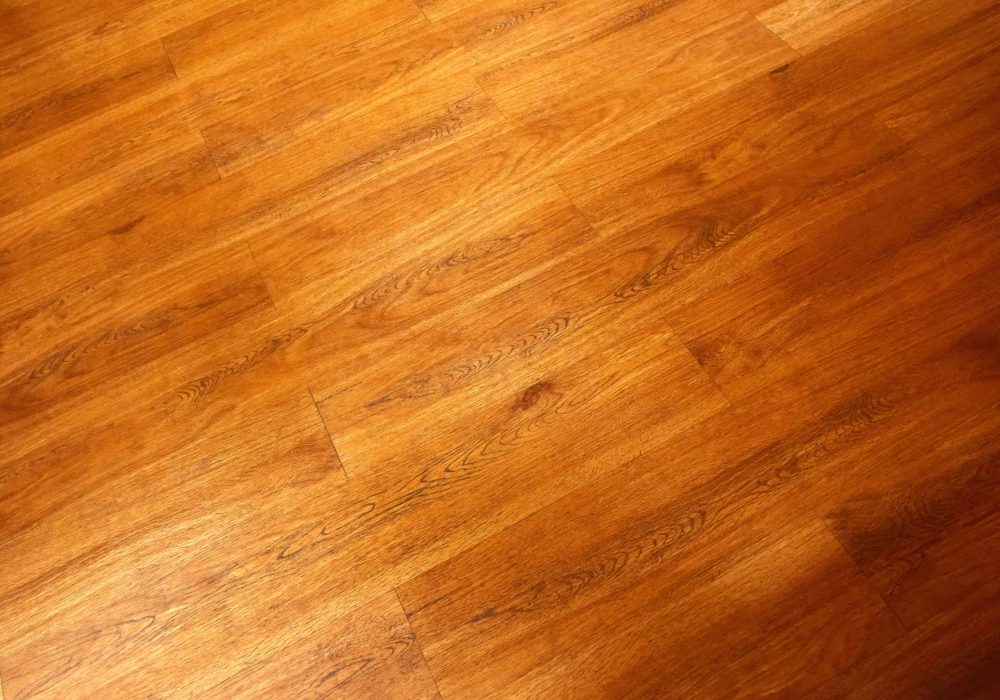When it comes to selecting the perfect hardwood floors for your home, the choice often boils down to two main types: solid hardwood and engineered hardwood. At Denver Dustless, we’re passionate about helping you make informed decisions. In this comprehensive guide, we’ll dive deep into the characteristics of both solid and engineered hardwood floors, outlining the pros and cons of each to help you decide which is the best fit for your Denver home.
Solid Hardwood Floors: The Timeless Classic
Solid hardwood floors are exactly what they sound like – planks of hardwood milled from a single piece of timber. These floors have graced homes for centuries, offering a timeless aesthetic and robust longevity.
Pros:
- Longevity and Durability: Solid hardwood can be sanded and refinished multiple times over its lifetime, making it a long-term investment.
- Natural Beauty: Each plank is unique, offering a variety of grain patterns and natural colors.
- Increases Home Value: Homes with solid hardwood floors often see a higher resale value.
Cons:
- Susceptible to Moisture: Solid hardwood can warp or swell in humid conditions or with drastic temperature changes.
- Cost: Generally, solid hardwood is more expensive than engineered options.
- Installation Limitations: It’s not recommended for installation below ground level, like in basements.
Engineered Hardwood Floors: The Modern Innovator
Engineered hardwood floors are a more recent innovation, consisting of a thin layer of hardwood bonded over a high-quality plywood layer. This construction offers enhanced stability and a variety of installation options.
Pros:
- Durability and Moisture Resistance: Engineered hardwood handles moisture and temperature changes better than solid hardwood.
- Versatility in Installation: It can be installed in more areas, including basements and over concrete slabs.
- Cost-Effective: Often more affordable than solid hardwood, engineered hardwood still provides that sought-after hardwood look.
Cons:
- Limited Refinishing: Depending on the thickness of the top layer, it can only be sanded and refinished a few times.
- Varying Quality: The market has a wide range of quality in engineered products, so choosing a high-quality option is crucial.
- Sound and Feel: Some people find the feel and sound underfoot less appealing than solid wood.
Making the Right Choice for Your Denver Home
The choice between solid and engineered hardwood floors depends on various factors such as your budget, the location within your home, and your long-term plans. Denver Dustless is here to guide you through these considerations:
- Consider the Location: Basements and areas with high moisture are better suited for engineered hardwood.
- Think About Longevity: If you plan to stay in your home for decades, solid hardwood might be the right investment.
- Budget: Engineered hardwood can be more budget-friendly, especially for larger areas.
Denver Dustless: Your Partner in Flooring
At Denver Dustless, we understand that choosing the right hardwood floors is a significant decision for your home. Whether you lean towards the timeless elegance of solid hardwood or the modern versatility of engineered hardwood, our team is here to provide expert advice and top-notch installation services.
Remember, the right choice is one that aligns with your home’s needs, your aesthetic preferences, and your lifestyle. Feel free to visit us or contact us for a personalized consultation – we’re here to help you make your home beautiful and comfortable with the perfect flooring choice.

